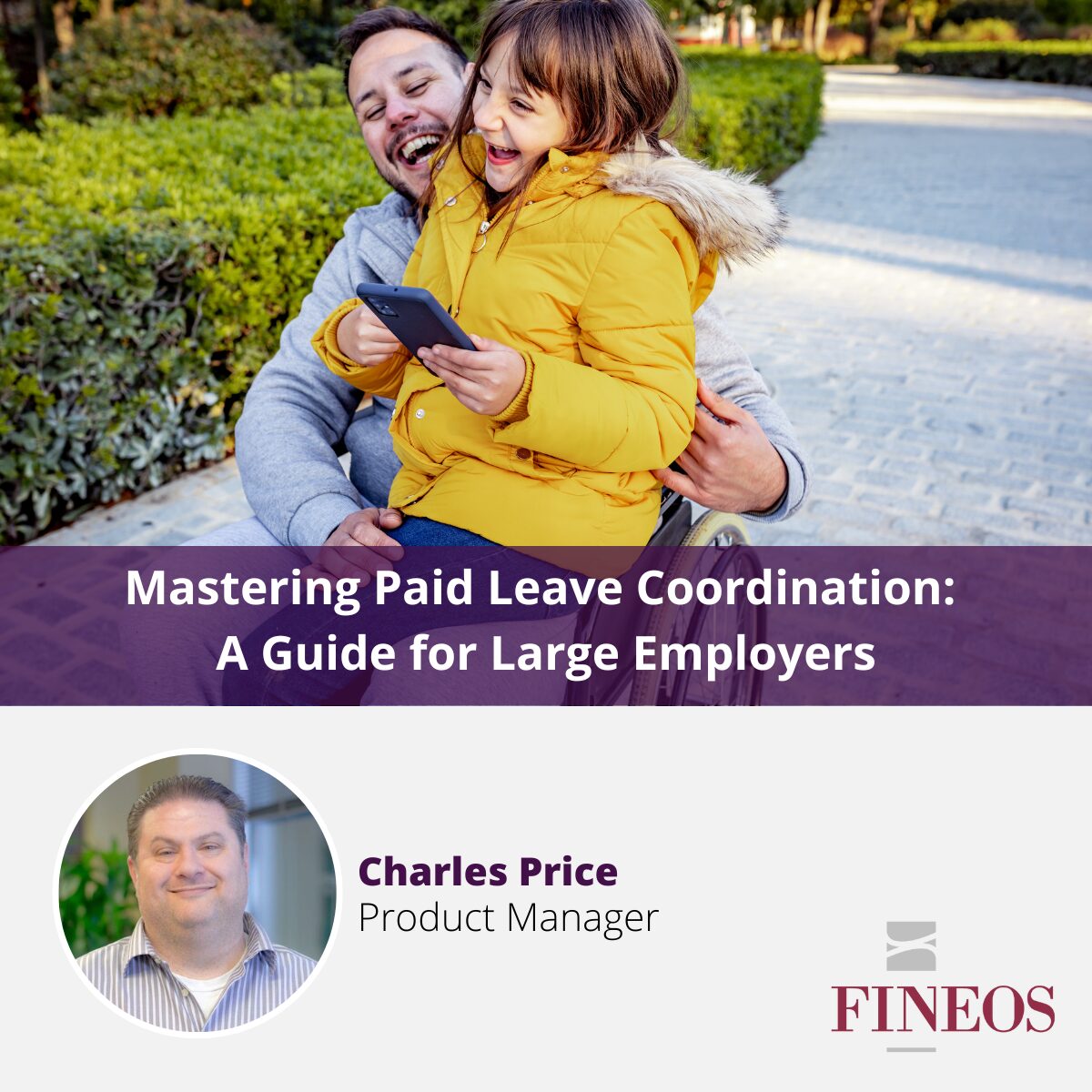On November 8, the U.S. Department of Labor (DOL) issued an Opinion Letter to provide guidance on whether an employee may use leave under the Family and Medical Leave Act (FMLA) for the treatment of a serious health condition when treatment is provided as part of a clinical trial. In the Opinion Letter, the DOL said that eligible employees may do so, as it is encompassed in the broad definition of the term “treatment” under the FMLA regulations.
The FMLA regulations define “continuing treatment” as a regimen of that includes, for example, prescription medication or therapy requiring the use of specialized equipment, but not, ordinarily, routine physical examinations or over-the-counter medications that do not require a visit to a health care provider. The DOL noted that the FMLA regulations do not require that the treatment meet a certain level of efficacy or that the treatment will achieve a certain result.
Additionally, the DOL pointed out that the fact that treatment is considered optional, voluntary, or elective (which is the case with clinical trial participation) is not a factor in the determination of whether an employee may take FMLA leave to receive treatment. It is also not relevant whether a course of treatment is new, experimental, a placebo, or proven to meet certain criteria for efficacy. Employers are not allowed to inquire whether a treatment is necessary or effective, and employees are not required to disclose specific details about prescribed medication or their precise treatment plan.
In a separate press release, the Foundation for Sarcoidosis Research (FSR) identified itself as the organization that had submitted a Request for Opinion Letter on Clinical Trials and the FMLA with the DOL in August 2023. The FSR found that one of the challenges in improving clinical trial access among underrepresented communities was whether participants would have job protected time off from work, as it was unclear whether the concept of “treatment” under the FMLA covered clinical trials. According to the National Cancer Institute, the time commitment of a participant in a clinical trial varies depending on how the trial is designed and on the following considerations: where a trial is located, what procedures (if any) are involved, how many visits are needed, etc. Clinical trials may involve additional lab tests and visits to health care providers, which can necessitate missed work due to appointments.
Employers should be sure to update their managers on the new guidance, so as not to inadvertently refuse to authorize FMLA leave or discourage employees from taking FMLA leave. Employers should also note that any necessary FMLA certifications of a serious health condition can be accomplished by the health care providers involved in a clinical trial. As always, an employee can submit a letter from their doctor in lieu of the standard certification form as long as it contains all the information needed to determine if the leave is FMLA-qualifying.
How FINEOS helps employers with compliance
The FINEOS Integrated Disability and Absence Management (IDAM) solution helps employers simplify the complexity of paid and unpaid leave. Our expert knowledge helps negotiate the regulatory landscape to remain compliant with federal, state and municipal regulations. Take advantage of more FINEOS resources about leave management.


